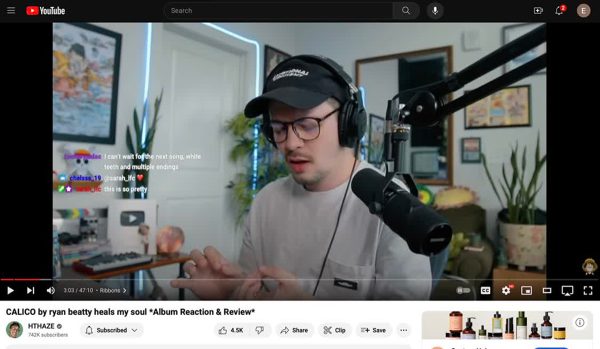Political ads don’t sway voters
Political ads aren’t worth the money
More stories from Rebecca Mennecke
Photo by Madison.com
Scott Walker, pictured above, featured in one of his political ads.
I’m no marketing lady. I don’t know much about advertising or business. I know libraries, and writing and literary things, but I really don’t know anything about what it takes to sway public opinion. I don’t really know what it takes to run for a political office. I’m still learning about new laws and court opinions that have structured the United States as we know it. But, I do know that there are better ways to run for office than the way it’s being done currently — through sketchy, hyper-biased political ads.
When I vote for someone, I want to do deep research on that person. When the 2016 election rolled around, I was deeply immersed in each politician’s rhetoric — even though I couldn’t vote yet. I knew what each candidate stood for, what they wanted, their faults and what kind of America they envisioned. This was important to me in choosing someone to be the head of our country. (Theoretically. I was just a few months too young to vote, which, believe me, was a bummer.)
I didn’t really care about sound bits of them bashing one another, or self-made political ads that inflate their egos and make them seem like Mr. or Ms. Hot Shot. Maybe it’s because I’m trained in literary and rhetorical criticism, but I saw right through those fake smiles, fake jobs and fake acting.
So, I must ask the question, why do politicians continue to have political ads, even when they seem like they’re super ineffective? At least to me, anyways. (But, then again, I know I can’t be the only one who doesn’t really pay attention to political ads. Someone else has to believe they’re stupid too, right?)
Let’s get real here: Political ads use bullying techniques. Instead of focusing on what makes a candidate qualified for the position, they spend about half of the time talking how bad the other candidate is and then the only redeeming quality is how much better the advertising candidate is than this other person. Imagine going to a job interview and, instead of talking about your own experience, you just talk about how bad all the other people interviewing are and how you’re not that bad.
Needless to say, I don’t think you’d get the job.
Case in point, Scott Walker and Tony Evers, opponents for Wisconsin state governor, have recently gotten into some conflict over their own political ads, with Evers attacking Walker on the basis of his alleged sexual misconduct and sexually-charged rhetoric and visual cues in his political ads. Many are calling the ads inappropriate, particularly for the overly descriptive sexual language.
For example, Walker supposedly aired an ad against Evers highlighting teachers who watch porn as an effort to illuminate Evers not taking teaching licenses away from inept teachers. It’s a good problem to bring up, but doing it in that manner is just unprofessional.
Politics are just a nasty business. Nothing says that quite like aggressive, and usually irritating, political ads.
Or, maybe you’ve seen the ads about healthcare for Wisconsin Senator Tammy Baldwin. Utilizing a pathos-driven argument by having people with pre-existing conditions talk about healthcare, Baldwin has just an annoying tactic for getting reelected — really cheesy and emotional political ads. Although the topic of pre-existing conditions in health care coverage is a really big deal, there are better ways to argue that health care is beneficial than a single person talking about their personal experience. I need more information than what thirty seconds can give me.
When it comes time for voting, I’m hoping people pay more attention to research, newspaper articles, candidate’s websites and other more objective facts than thirty-second political ads. We need to make sure we are electing the most qualified officials, and the best way to do this is to observe their experience and expertise, not how much their opponent hates them.
On Nov. 6, I hope you’ll join me at the polls to fulfill our basic American right: voting.
Mennecke can be contacted at [email protected].










